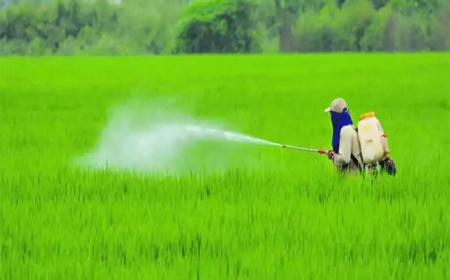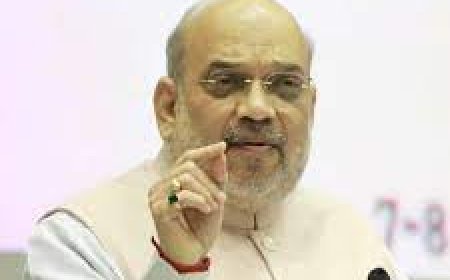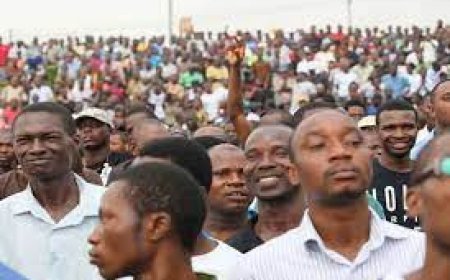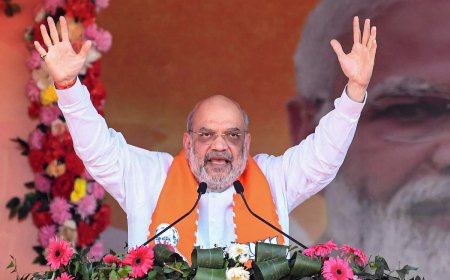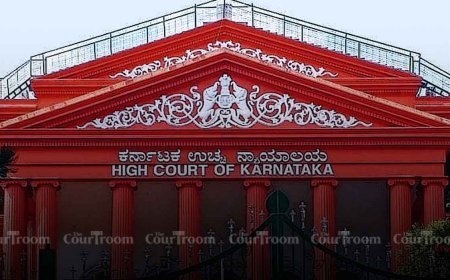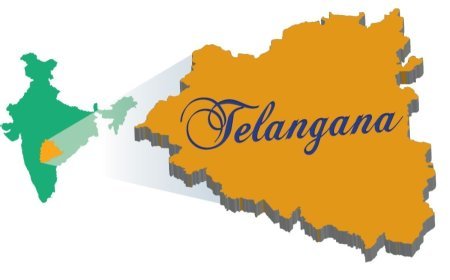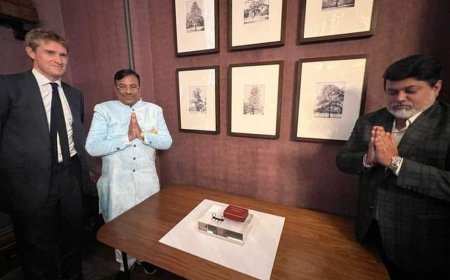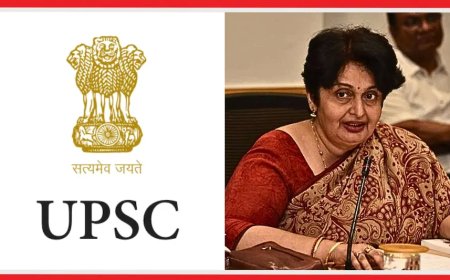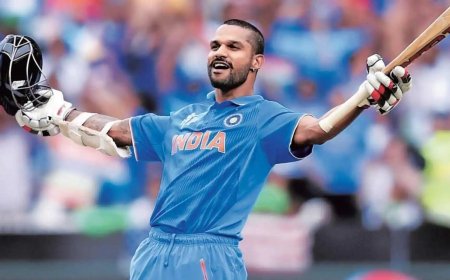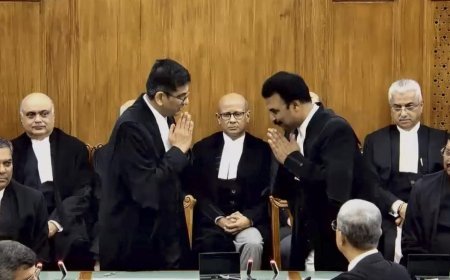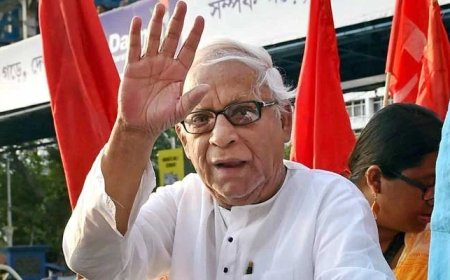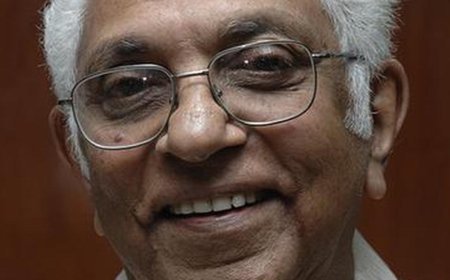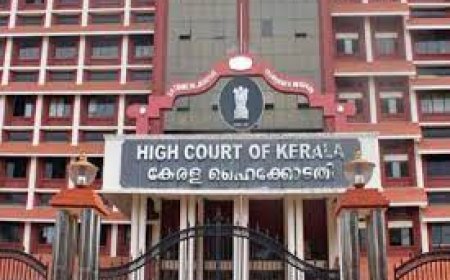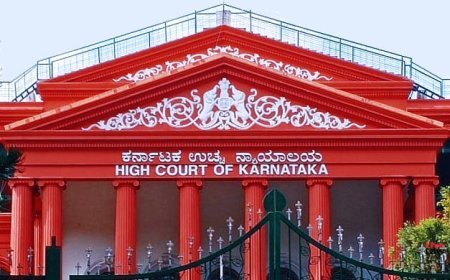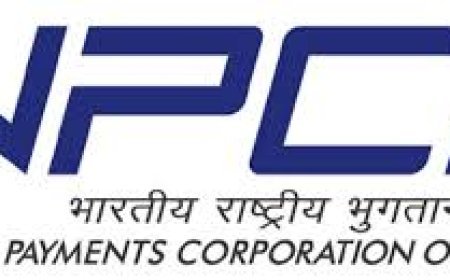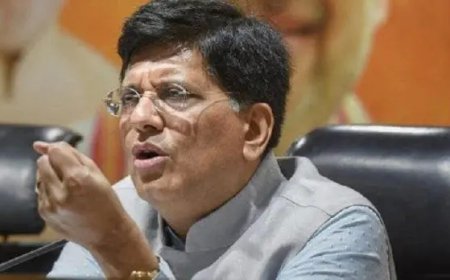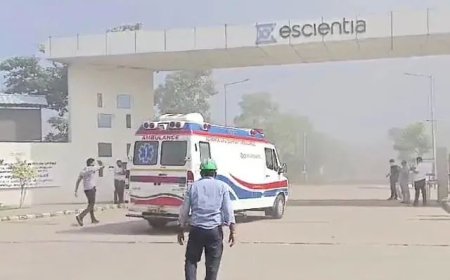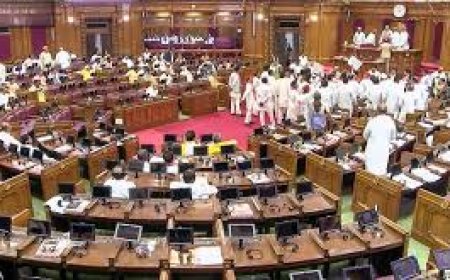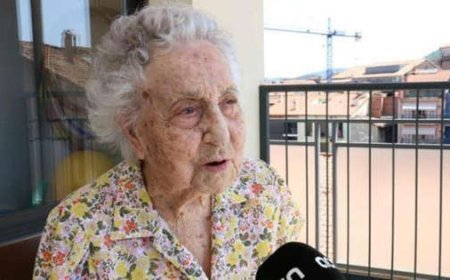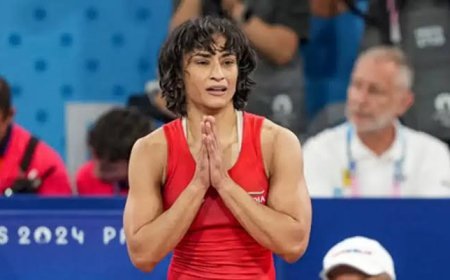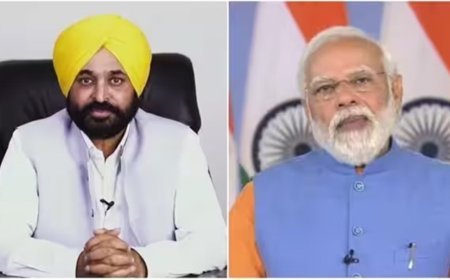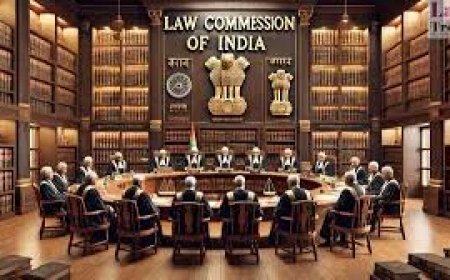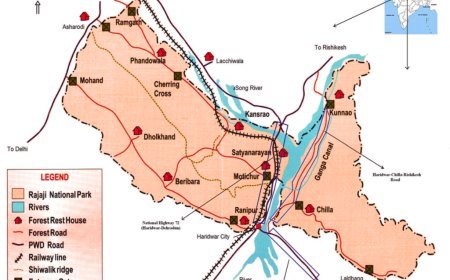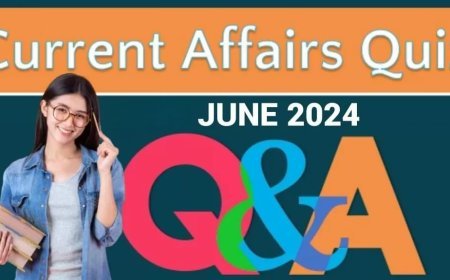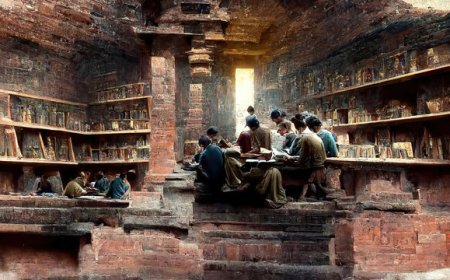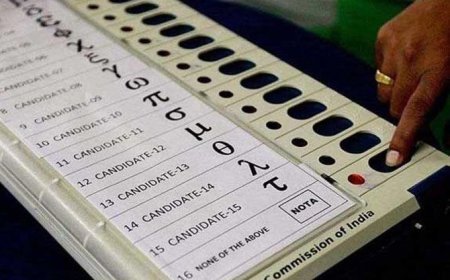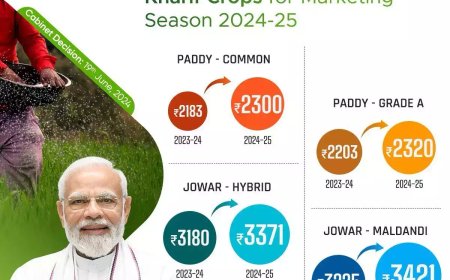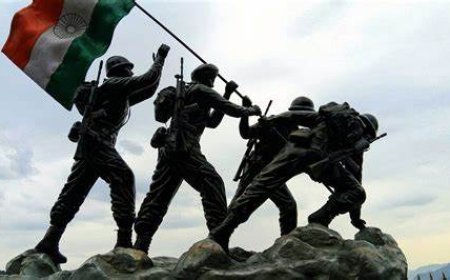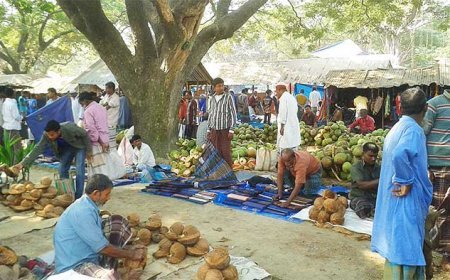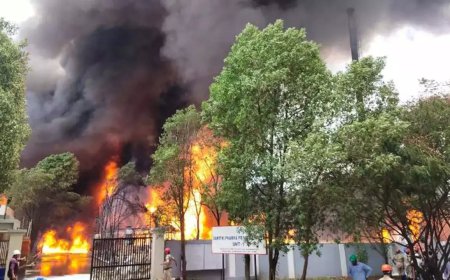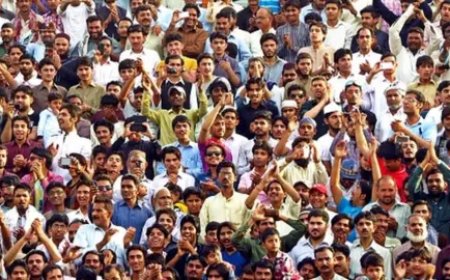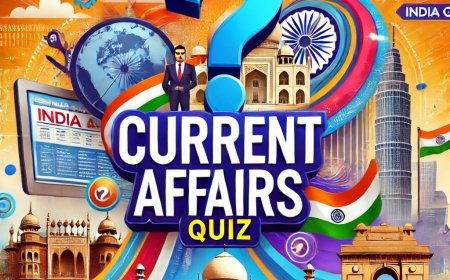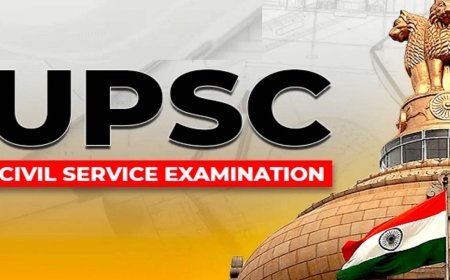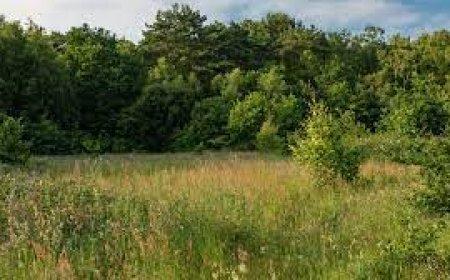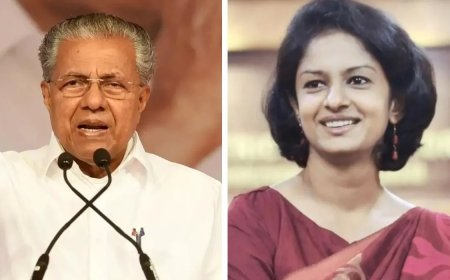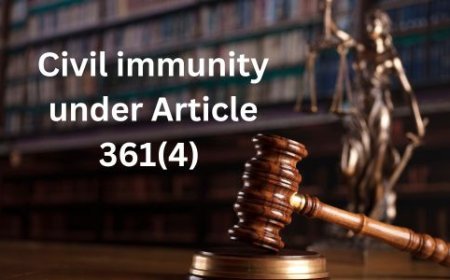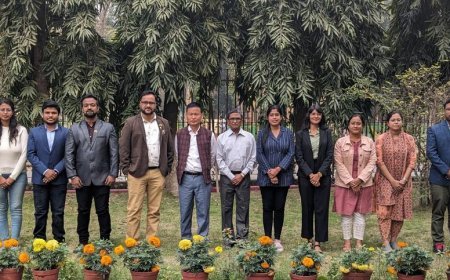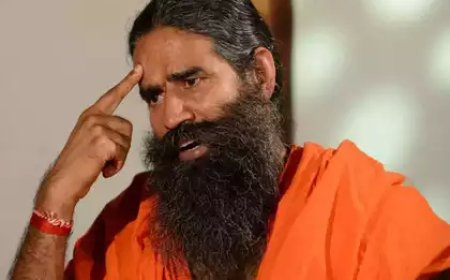Supreme Court Flags Pension-Related Grievances of District Judges, Urges Centre to Find Solution

Supreme Court Flags Pension-Related Grievances of District Judges, Urges Centre to Find Solution
The Supreme Court on Thursday, August 8, 2024, flagged critical issues concerning the meagre pensions provided to District Judges and urged the Centre to address these concerns promptly.
“We, being the guardian of the district judiciary, urge you [the attorney general and the solicitor general] to sit together with the amicus curiae and find a way out,” stated a Bench led by Chief Justice D.Y. Chandrachud.
Chief Justice Chandrachud highlighted the severity of some cases, referencing a District Judge battling cancer, and noted that numerous petitions from District Judges regarding pension-related grievances are pending in the top court.
“District Judges are only getting ₹15,000 as pension. District Judges come to High Courts and generally they are elevated to HCs at the age of 56 and 57 years and they retire with a pension of ₹30,000 per month,” observed the Bench, which also included justices J.B. Pardiwala and Manoj Misra.
The CJI further emphasized that very few High Court Judges secure arbitration matters, and at 60 years old, they cannot return to legal practice. “Look at their social profile also... they do not get arbitration matters,” he added.
Attorney General R. Venkataramani and Solicitor General Tushar Mehta, representing the Centre, requested additional time to present arguments regarding the pension issues faced by District Court Judges. Acknowledging this, the Bench deferred the hearing to August 27 on a plea filed by the All India Judges Association seeking the implementation of welfare measures for retired Judges.
Meanwhile, lawyer K. Parmeswar, assisting the court as amicus curiae, informed the Bench that several States have complied with the Second National Judicial Pay Commission (SNJPC) recommendations on pension arrears and other retirement benefits for judicial officers. States have begun submitting compliance affidavits, Parmeswar reported.
On July 11, the Supreme Court had summoned the chief and Finance Secretaries of several States and Union Territories for non-compliance with the SNJPC recommendations. Expressing strong displeasure, the Bench had stated, “We know how to extract compliance now. If we just say that the chief secretary will be present if the affidavit is not filed, then it will not be filed. We are not sending them to jail but let them be here and then an affidavit will be submitted. Let them be personally present now.”
On January 10, the Supreme Court had ruled on the necessity of uniform service conditions for judicial officers across the country, directing each High Court to form a two-Judge committee to oversee the implementation of pay, pension, and retirement benefits as per the SNJPC guidelines.
The Court noted with concern that while officers in other services had their service conditions revised as far back as January 1, 2016, similar issues for judicial officers remained unresolved even eight years later. The unresolved status affects both retired Judges and the families of deceased Judges awaiting resolution.
The SNJPC recommendations encompass pay structure, pension and family pension, allowances, and the establishment of a permanent mechanism for determining the service conditions of the district judiciary.
What's Your Reaction?







